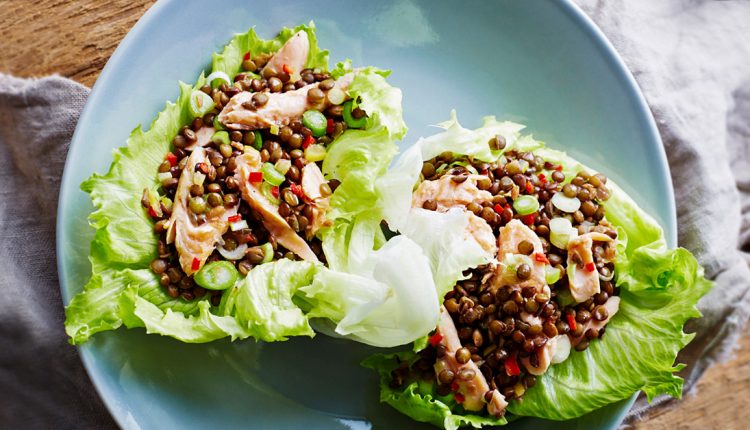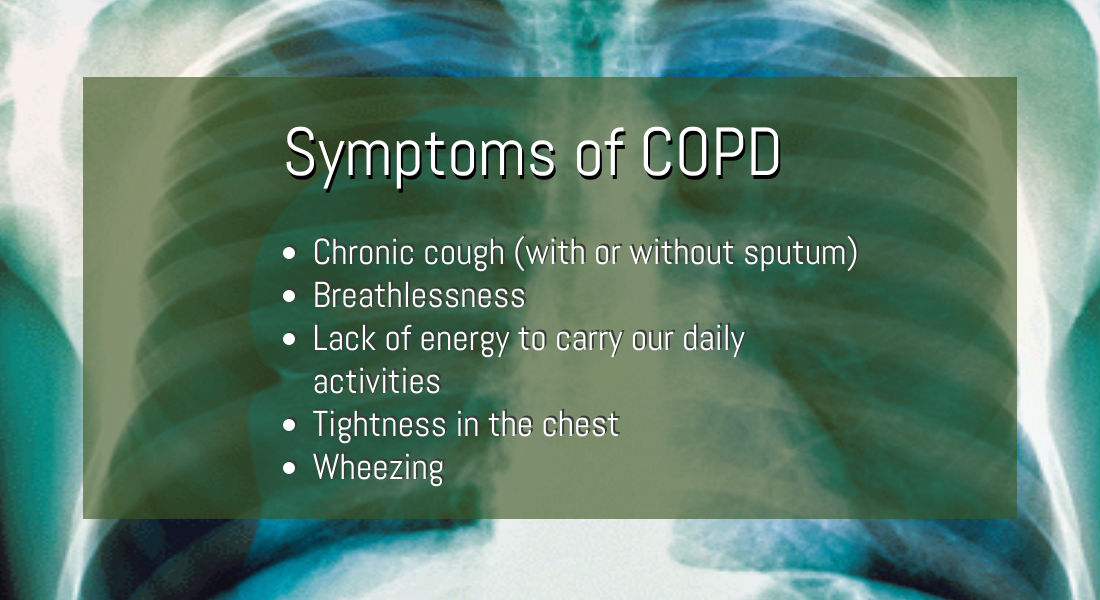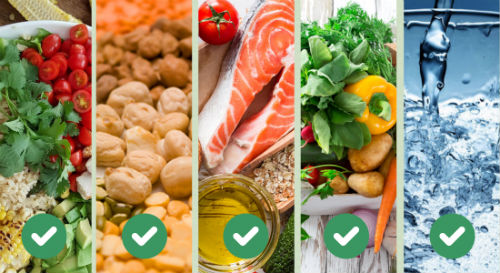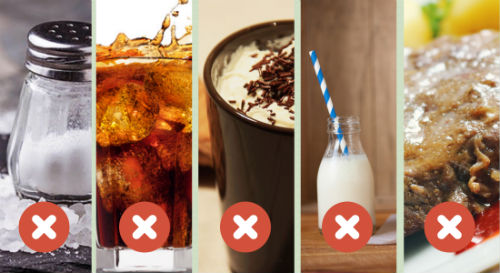
Nutrition Guide for People with COPD
Maintaining a proper diet can help COPD patients prevent further degeneration
Over the recent years we have seen a spike in lung diseases throughout the globe. The rise in air pollution along with the increase in the use of intoxicants such as cigarettes, pipes and vapes are the two major contributors to this problem.
However, most people are surprised to find out that diet is another important factor that affects our lungs. What we eat influences our respiratory system. Hence, a balanced diet will help you breathe better!
Here’s a nutrition guide for people with COPD (Chronic Obstructive Pulmonary Disease).
What is COPD?
Chronic Obstructive Pulmonary Disease is a condition that causes shortness of breath. Due to inflammation in the lungs, the air flow gets obstructed. It usually occurs in the form of two diseases: chronic bronchitis and emphysema.

While this condition has no known cure, with proper diet management you can prevent it from worsening.
Nutrition Guidelines
In order to maintain a stable breathing pattern, people with COPD should be vigilant about their metabolism. Knowing what to eat and what to avoid can help you do just that! Here are some tips:
What to Eat

1. Carbohydrates
Simple carbohydrates (sugar, candies, cakes) produce the most amount of carbon dioxide hence they might cause trouble breathing. You should switch to complex carbohydrates like pasta, whole grain bread, brown rice, oats and lentils. These complex carbs are known to improve the digestive system.
2. Fiber and Proteins
In order to maintain a staple diet you should consume at least 29 grams of fiber each day through foods like nuts, seeds, fruits and vegetables. Other than that you should also consume low fat proteins such as salmon, sardines poultry, lean cuts of meat, and fish oils. These will help your body maintain strength and enable muscle growth.
3. Healthy Fats
Omega-3 fatty acids are known for their anti-inflammatory effects. You should consume those along with other healthy fats from plant based products, oils (preferably olive oil) and freshwater fishes. These healthy fats reduce the risk of cardiovascular diseases as well.
4. Vitamins and Minerals
According to research, COPD patients suffer from vitamin-D deficiency hence you should either take general purpose multi-vitamins or those high in vitamin D. Use of steroids also causes an increased need of calcium. Potassium is another mineral that you should add to your diet.
5. Fluids
Increased intake of fluids prevents the sputum from thickening. Hence it is easier to remove. Thus you should try to intake decaffeinated fluids as much as you can. Water, up to 6-8 glasses per day, is the general requirement that needs to be fulfilled. Fresh fruit juices are also very beneficial for your health.
What to Avoid

The first and the most basic thing you need to avoid is sodium. Be it salt or food high in sodium, cut it out as much as you can. Sodium causes water retention which in turn causes trouble in breathing.
You should also avoid caffeine based products like energy drinks, lattes, chocolates and other soft drinks. They might interfere with your medication. Other than that vegetables (like soy beans) and fruits (like peaches) may cause gas or bloating and should be avoided.
Overconsumption of dairy products should also be avoided as they produce mucus. This can cause you to cough more and plug the airways to the lungs. Foods that are high in saturated and trans fats, like fried food and fatty meat cuts are also harmful for you as they increase indigestion.
Follow these tips, keep a check on your weight and consult your physician before making a diet plan!

